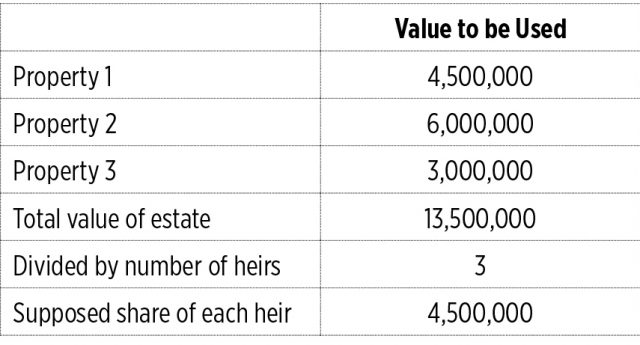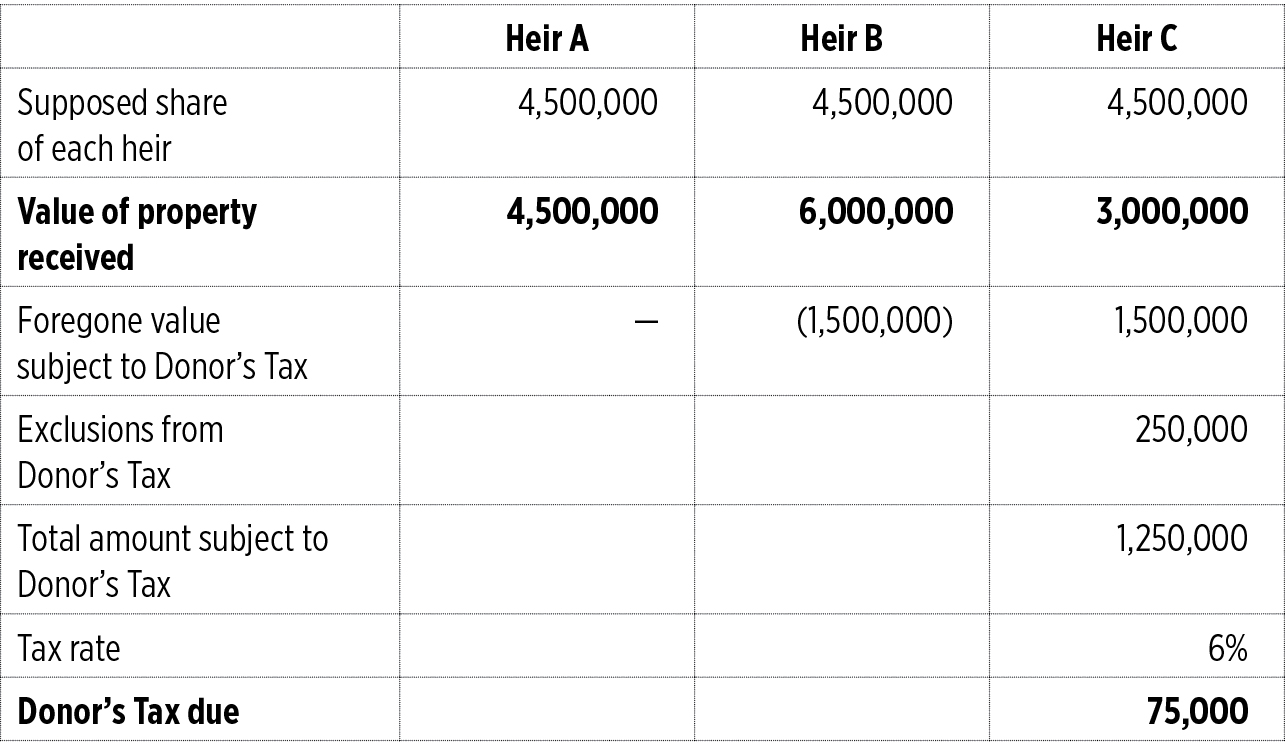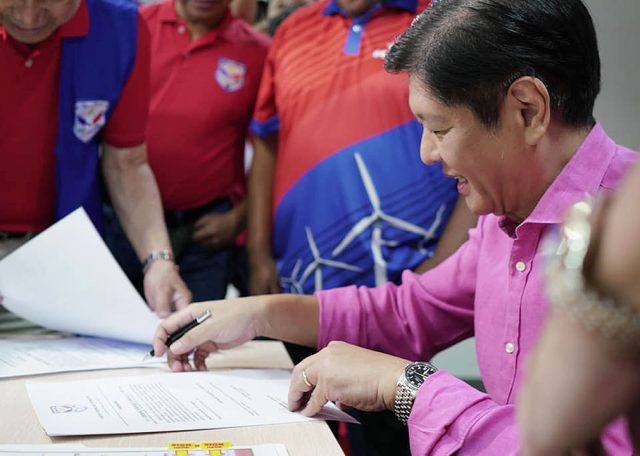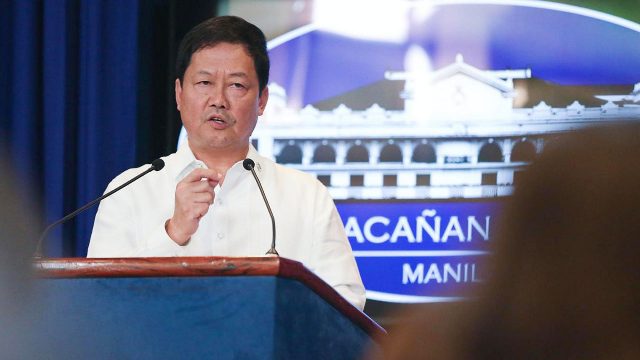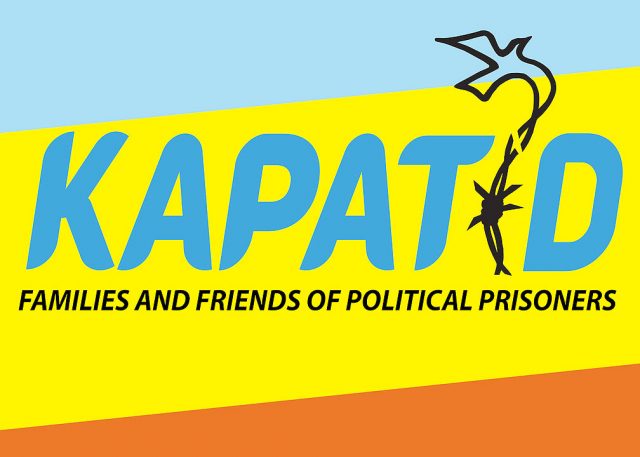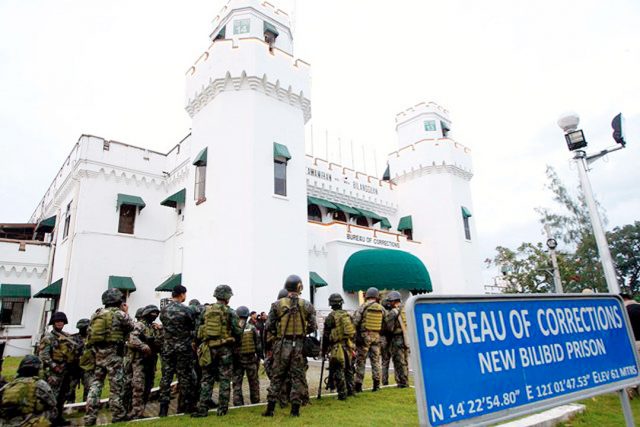By Kyle Aristophere T. Atienza, Reporter
and Alyssa Nicole O. Tan
SOME mobile phone users received an emergency text message from the telecommunication regulator endorsing the presidential run of the late dictator Ferdinand E. Marcos’s only son and namesake on Wednesday, just as he filed his certificate of candidacy.
“A solid concern for the country, a life devoted to the people” the alert written in Filipino that featured the initials of Ferdinand “Bongbong” R. Marcos, Jr. or BBM read. “BBM for the nation, BBM for the people, BBM for the masses, BBM for the Philippines.”
The National Telecommunications Commission (NTC) will investigate the matter, Deputy Commissioner Edgardo V. Cabarios said in a Viber message.
Under the law, the local disaster agency and telecommunication companies must issue emergency warnings during calamities such as typhoons and earthquakes.
The National Disaster Risk Reduction and Management Council did not send the endorsement, the Philippine Star reported, citing spokesman Mark Timbal.
“We support the swift action of the NTC calling for an investigation of the illegal use of the emergency alert notification text containing pro-Bongbong Marcos narratives,” Marcos chief of staff Victor Rodriguez said in an e-mailed statement.
Party-list group Bayan Muna urged the Department of Information and Communications Technology (DICT) to “immediately investigate and explain how the Marcos campaign was able to hijack the emergency alert frequency.”
“This casts a serious doubt on the integrity of the system, which people are supposed to rely on for life-saving information,” it said in a statement. “Aside from the NTC and DICT, Congress should also probe this underhanded style of campaigning.”
Mr. Marcos, a former senator, filed his certificate of candidacy for President under the Partido Federal ng Pilipinas, which was founded by allies of President Rodrigo R. Duterte.
“I filed my certificate of candidacy for president just now,” he told reporters. “I guess that makes it official.”
Mr. Marcos said his party had planned to adopt Mr. Duterte, who had expressed his admiration for the late dictator, as his running mate.
Last week, Mr. Duterte said he would retire from politics when his six-year term ends next year. He added that he had backed out of his vice-presidential ambition because his daughter Davao City Mayor Sara Duterte-Carpio would run for President in tandem with Senator Christopher Lawrence “Bong” T. Go, his former aide.
“With what happened on Saturday, all our plans changed,” Mr. Marcos said. So now, we are making consultations.”
Mr. Marcos said his talks with Ms. Carpio, “never reached specifics,” adding that he would consider Mr. Go as his running mate.
Senator Panfilo M. Lacson, the first mainstream politician to announce a presidential run, also filed his certificate of candidacy under Partido Reporma, with Senate President Vicente C. Sotto III as his running mate. Mr. Sotto is running under the Nacionalista Party.
Mr. Lacson, a former police chief who served in the now defunct Philippine Constabulary, lost to ex-President Gloria Macapagal Arroyo in the 2004 elections.
The 73-year-old senator had faced murder charges after policemen under his command shot and killed 11 members of a crime syndicate during a raid in Quezon City in 1995. The Supreme Court acquitted him in 2012 for lack of probable cause.
Vice-President Maria Leonor “Leni” G. Robredo, who has been endorsed by an opposition coalition as its presidential candidate for the 2022 elections, had been in talks with Mr. Lacson as part of her efforts to form a united opposition.
Mr. Lacson had rejected a nomination by 1Sambayan, noting that many of its members were plaintiffs in a Supreme Court lawsuit questioning the Anti-Terrorism Act, which he authored.
Labor leader Leodegario “Leody” de Guzman also filed his candidacy certificate for president. He ran for senator in 2019 and lost.
Meanwhile, former Public Works Secretary Mark A. Villar filed his candidacy certificate for senator under the Nacionalista Party.
Senators Juan Miguel F. Zubiri and Emmanuel Joel J. Villanueva also filed for reelection.
Former Philippine Medical Association President Leo O. Olarte and actor and ex-Quezon City Mayor Herbert Bautista likewise filed their certificates of candidacy for senator.



